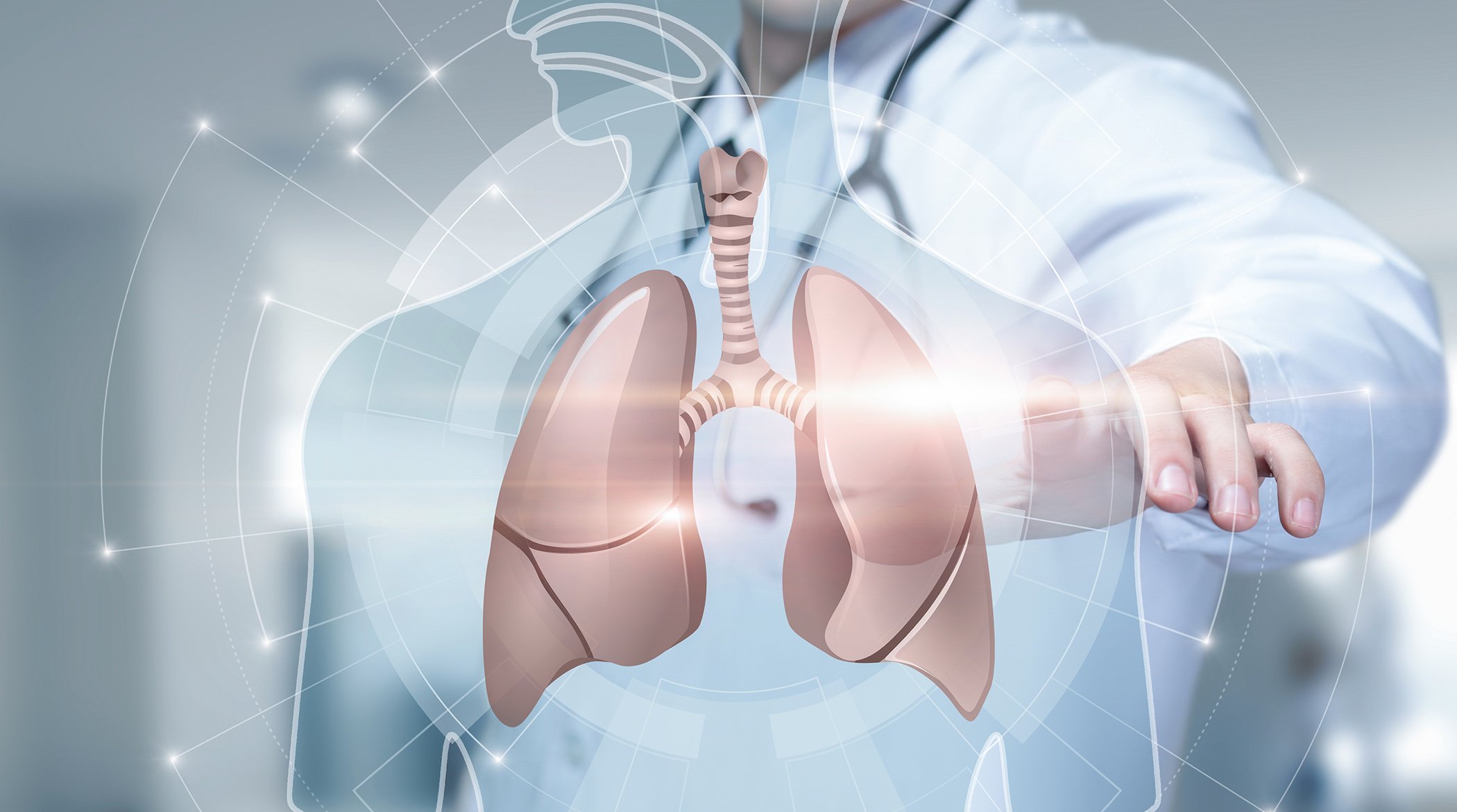The theme of the 2022 ASTRO Annual Meeting was “Artificial Intelligence and Emotional Intelligence: caring for the patient in a wireless world.” The central role of human interaction in patient care and healing was emphasized. But also the potential of artificial intelligence, Big Data and the latest scientific achievements.
Monitoring daily step count in addition to clinical characteristics can predict – and possibly prevent – hospitalization for acute events in cancer patients undergoing chemoradiotherapy (CRT). Analysis of step-count data from a wearable device showed it could predict which patients were likely to be hospitalized in the following week. For the study, data were collected from 124 cancer patients who underwent CRT in three prospective clinical trials. These patients had a range of cancers, including head and neck cancer (30%) and lung tumors (29%), and wore fitness trackers that monitored their activity over several weeks. The team randomly assigned 70% of patients to an exercise group and the remaining 30% to a test group. They collected information on potential predictors of an acute event, such as age, ECOG performance status, cancer site, and clinical characteristics, as well as numerous step-count metrics. To analyze the data, they used elastic net logistic regression, random forest analysis, and sparse input neural network. With an initial hospitalization rate of 27% during CRT, the team found that the elastic mesh model performed best. It best predicted hospitalization the following week. For this finding, the area under the receiver operating characteristic curve (AUC) was 0.80, which was significantly higher than the AUC of 0.46 when the model was restricted to clinical features only. The characteristics most predictive of hospitalization were adjusted step count in the previous 2 days and relative change in weekly maximum step count, followed by cervical cancer diagnosis.
Sexuality after brachytherapy
Brachytherapy, in which radioactive beads are implanted, is an important treatment for cancer of the genitourinary tract but carries a long-term risk of sexual dysfunction. Up to 90% of women with gynecologic malignancies and 50% of men with prostate cancer report sexual problems after such treatment. U.S. researchers have found that there are large gender differences between women and men undergoing brachytherapy when it comes to whether they are asked about their sexual function. When records of more than 200 patients who had undergone brachytherapy at their institution for treatment of cervical or prostate cancer were examined, it was found that women were rarely asked about their sexual health. While most men (89%) were asked about their sexual health before treatment, only 13% of women were. In addition, none of the women with cervical cancer had sexual function assessed by a patient-reported outcome, compared with 81% of the men with prostate cancer. The women were on average 20 years younger than the male patients. These findings commit clinicians to be more inclusive and recognize the potential for this type of sexual morbidity in treatments across genders.
Therapy of indolent orbital B-cell lymphoma
Radiation therapy (RT) with doses of 24-30 Gy is used to treat indolent B-cell lymphoma (BCL). However, significant acute and late ocular effects are common. Therefore, the goal was to develop an adapted (RA) strategy that maintains excellent disease outcomes but reduces orbital morbidity. In a prospective phase II study, an RA strategy was performed in 50 patients with stage I-IV indolent orbital BCL. Patients were treated with an ultralow dose (ULD) of 4 Gy in 2 fractions and assessed for response at 3-month intervals. Patients with persistent orbital lymphoma were offered additional treatment with 20 Gy in 10 fractions. Patients who had a complete response (CR) to ULD-RT were observed. The median follow-up time of the 55 patients treated in the retrospective cohort between March 2013 and October 2021 was 28.7 months. 98% of patients had CR with RA-RT, including 2 patients with CR after an additional 20 Gy. The remaining patients received systemic therapy instead of additional RT for persistent disease. Among the 54 patients who had CR with RA-RT, there was a local recurrence in one patient with conjunctival FL, 27.8 months after CR with ULD-RT. This patient was irradiated with 20 Gy, and the locally recurrent disease disappeared. Overall, excellent disease control with negligible toxicity was observed in the first prospective study evaluating this novel approach of ULD-RT in patients with indolent B-cell syndrome.
Congress: American Society for Radiation Oncology (ASTRO) 2022 Annual Meeting











